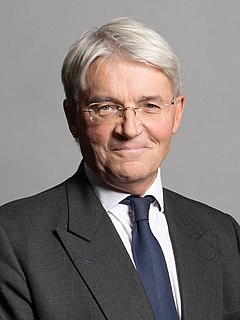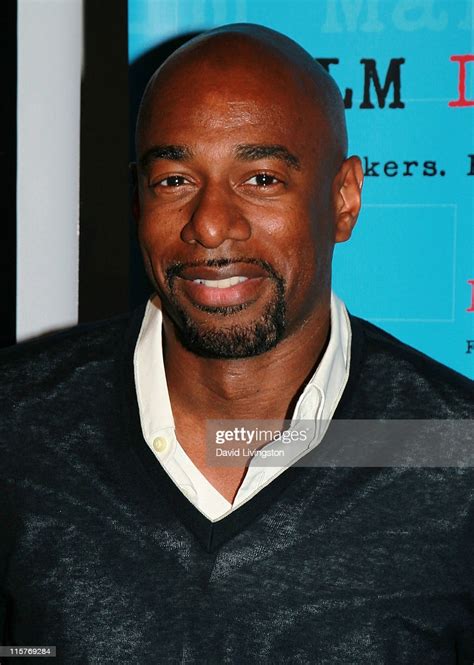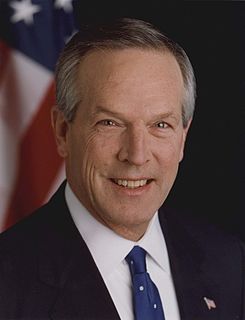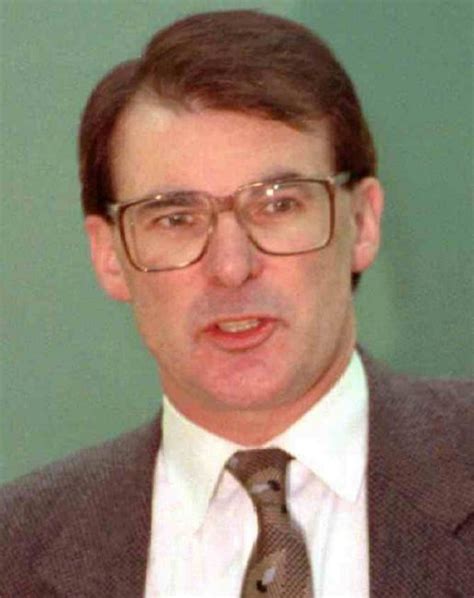A Quote by Andrew Mitchell
In India there are more poor people in three states... than there are in the whole of sub-Saharan Africa.
Related Quotes
Right after undergrad, I started doing low-level work on health issues in sub-Saharan Africa, and what struck me was the disconnect between how people in New York would speak about some of the issues people were facing. At the time, 2006-ish, there were a number of big media campaigns to raise awareness about HIV in sub-Saharan Africa.
My wish and hope, every year, is that people's life chances - their chances of having a happy, prosperous, healthy life for themselves and their family and friends - should not depend on accident of birth. It shouldn't depend on where you're born. It should depend on who you are and what you do. But it shouldn't depend on the chance and the luck of being born in the U.S. or in a poor village in Sub-Saharan Africa or India or wherever it may be.
United States has always been very close to Africa and it's very sad now to see that Africa has a lot more friends - a lot more engagements with the Chinese, with the Indians, with the Brazilians as the United States retreats. Actually, Africa is a wonderful place to do business and American business is missing a big opportunity by really overlooking Africa.
Mandela didn't end Apartheid in South Africa, the poor guy was in jail for 27 years, it was the African people that ended it but he was a symbol of their struggle. Or Gandhi in India, Gandhi was a great believer in non-violence and he was in and out of jail, but India became free. I think it's better to look at what people can do collectively and that's why it's so important to encourage them.


































